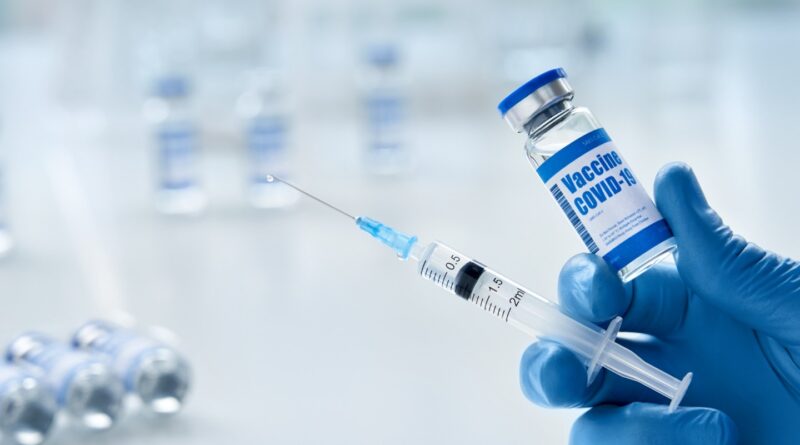CDC: Black hole of antigen testing could hide a COVID iceberg
Earlier this week, CDC recommended a new quarantine guide for those who tested positive for asymptomatic covid or those exposed to someone with Covid. This new guide came when the Omicron variant spread quickly through the community, leaving several scratches of their heads. The CDC Director sat for an interview with NPR to explain this new guideline, and we learned that we might not even have a complete picture of how fast Omicron spreads due to lack of testing.
That’s a big enough problem because, with the testing capacity we have, the US has seen an average of 7 days for Covid cases just beyond 200,000 per day. In an interview for all things considered, NPR’s Ari Shapiro asked the CDC Director Rochelle Walensky if the lack of tests in the US could mean that the actual number of new cases was being reported.
“I think we didn’t catch enough of all positive antigen tests and not everyone tested by Antigen,” Walensky said. “So this might be an undercount where we are, huh.” Previously in an interview, Walensky noted that it was not only the United States who faced a lack of testing, but all over the world. We have a vacation trip – which caused a surge in testing – and the Omicron variant spread quickly to thank you for the shortcomings, because demand for tests was adjacent recently.
Hopefully, things will get better on the testing fronts so we are to the new year. Shortly before Christmas, Biden administration expanded a plan for free testing, at home, by saying that the government would start offering a total of 500 million tests at home for free next month. Americans will be able to request a quick test through a website that will be aired in January, allowing them to test Covid without going to special testing locations.
In addition to massive expansion for testing plans in Biden at home, the government also said that it would start opening the location of new federal testing in the state where Covid-19 cases were spiking. Together, these two initiatives must help us closer to satisfy demand for testing, but there is always a question whether it is enough.
As you would expect, the topic of vaccination and booster also emerged during this discussion, with Walensky said that public health and medical experts must focus their efforts to talk to people with concerns about vaccines and answering their questions. “You know, not every parent wants to have all the data [Thown] on them,” Walensky said. “They want to sort out their concerns and then you talk to their worries, and that’s the hard work we do every day.”
Walensky also touched data coming out of South Africa, which showed that maybe a surge in omicron cases would be short-lived with mild cases throughout the board. He said that we need to be “careful” in seeing what happened in South Africa and expect something similar in the United States, but added, “That word, a lot of what we hear is mild cases, and it’s encouraging. But what I will say is that if people are not vaccinated and encouraged, you know, we really can’t predict how this will go, and hospitalization really focus on, you know, people who have not been vaccinated yet. “




